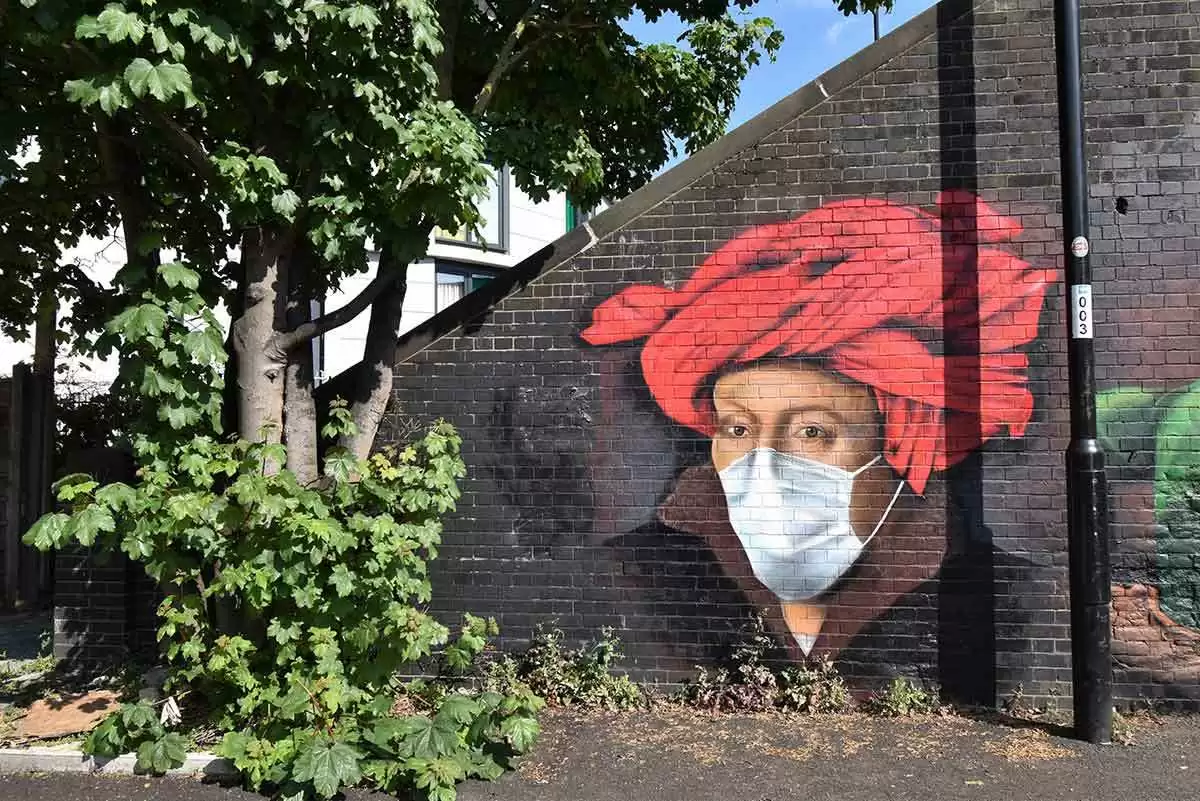
Celiac.com 03/01/2021 - Although COVID-19 mainly affects the respiratory system, growing evidence indicates that the GI tract also plays a role in the disease. A team of researchers recently set out to determine if the gut microbiome is connected to disease severity in patients with Covid-19, and whether changes in microbiome composition might return to normal with the clearance of the SARS-CoV-2 virus. Here's what they found.
The research team included Yun Kit Yeoh; Tao Zuo; Grace Chung-Yan Lui; Fen Zhang; Qin Liu; Amy YL Li; Arthur CK Chung; Chun Pan Cheung; Eugene YK Tso; Kitty SC Fung; Veronica Chan; Lowell Ling; Gavin Joynt; David Shu-Cheong Hui; Kai Ming Chow, Susanna So Shan Ng; Timothy Chun-Man Li; Rita WY Ng; Terry CF Yip; Grace Lai-Hung Wong; Francis KL Chan; Chun Kwok Wong; Paul KS Chan; and Siew C Ng.
Celiac.com Sponsor (A12):
For their study, the team reviewed blood, stool and data from 100 patients with laboratory-confirmed SARS-CoV-2 infection. They collected serial stool samples from 27 of the 100 patients up to 30 days after clearance of SARS-CoV-2. To assess gut microbiome compositions, they shotgun sequenced total DNA extracted from stools. They measured concentrations of inflammatory cytokines and blood markers from plasma.
Compared with non-Covid-19 individuals. Patients with COVID-19 showed substantially changed gut microbiome composition, with or without taking medication. Several gut bacteria with known immunomodulatory potential, such as Faecalibacterium prausnitzii, Eubacterium rectale and bifidobacteria, were significantly reduced in patients and remained low for up to a month after Covid-19 resolution.
This altered gut microbiome displayed stratification with disease severity via elevated concentrations of inflammatory cytokines and blood markers such as C reactive protein, lactate dehydrogenase, aspartate aminotransferase and gamma-glutamyl transferase.
The connections between gut microbiota levels, cytokines and inflammatory markers in Covid-19 patients indicate that the gut microbiome plays a significant role in Covid-19 severity possibly by modulating host immune responses.
The researchers suggest that gut microbiota imbalance after Covid-19 resolution could contribute to ongoing symptoms, making it important to determine the role of gut microorganisms in inflammation and Covid-19.
Read more in Gut.
The researchers are variously affiliated with the Department of Microbiology, The Chinese University of Hong Kong, Shatin, Hong Kong; the Center for Gut Microbiota Research, Faculty of Medicine, The Chinese University of Hong Kong, Shatin, Hong Kong; the Department of Medicine and Therapeutics, The Chinese University of Hong Kong, Shatin, Hong Kong; the State Key Laboratory for digestive disease, Institute of Digestive Disease, Li Ka Shing Institute of Health Science, The Chinese University of Hong Kong, Shatin, Hong Kong; the Stanley Ho Centre for Emerging Infectious Diseases, Faculty of Medicine, The Chinese University of Hong Kong, Shatin, Hong Kong; the Department of Medicine and Geriatrics, United Christian Hospital, Kwun Tong, Hong Kong; the Department of Pathology, United Christian Hospital, Kwun Tong, Hong Kong; the Department of Anaesthesia and Intensive Care, The Chinese University of Hong Kong, Shatin, Hong Kong; the Department of Chemical Pathology, The Chinese University of Hong Kong, Shatin, Hong Kong; and the Li Ka Shing Institute of Health Sciences, The Chinese University of Hong Kong, Shatin, Hong Kong.









Recommended Comments
Create an account or sign in to comment
You need to be a member in order to leave a comment
Create an account
Sign up for a new account in our community. It's easy!
Register a new accountSign in
Already have an account? Sign in here.
Sign In Now